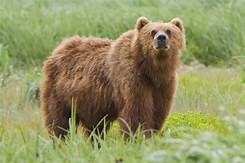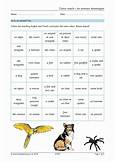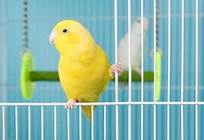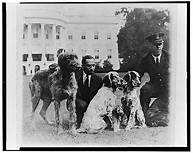Is Scotts Fertilizer Pet Safe?
Scotts fertilizers are a popular choice for homeowners, but many people wonder if they are safe for pets. The answer to this question is a bit complicated, as it depends on the type of fertilizer you are using and how you are applying it.
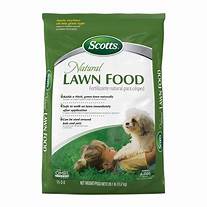
Chemical Fertilizers
Scotts offers a variety of chemical fertilizers, including those that contain synthetic nitrogen, phosphorus, and potassium. These fertilizers can be harmful to pets if they are ingested, as they can cause gastrointestinal problems such as vomiting and diarrhea. They can also irritate the skin and eyes of pets.
Chemical fertilizers can also be harmful to pets if they are applied to lawns or gardens that pets frequent. When pets walk on grass or soil that has been treated with chemical fertilizers, they can absorb the chemicals through their paws. This can lead to health problems such as skin irritation, respiratory problems, and even cancer.
Organic Fertilizers
Scotts also offers a variety of organic fertilizers, which are made from natural ingredients such as manure, compost, and bone meal. Organic fertilizers are generally safer for pets than chemical fertilizers, as they are less likely to cause health problems if they are ingested or absorbed through the skin.
However, organic fertilizers can still be harmful to pets if they are applied to lawns or gardens that pets frequent. Organic fertilizers can attract pests such as insects and rodents, which can be harmful to pets. Organic fertilizers can also cause health problems such as gastrointestinal problems and skin irritation if they are ingested or absorbed through the skin.
How to Apply Fertilizer Safely
If you are using Scotts fertilizer, there are a few things you can do to minimize the risk of harm to your pets:
- Use organic fertilizers instead of chemical fertilizers.
- Apply fertilizer only to areas of your lawn or garden that pets do not frequent.
- Water your lawn or garden thoroughly after applying fertilizer to help prevent the fertilizer from being absorbed through the soil.
- Keep pets off of fertilized areas until the fertilizer has been watered in.
- If your pet does come into contact with fertilizer, wash them with soap and water immediately.
If Your Pet Eats Fertilizer
If your pet eats fertilizer, call your veterinarian immediately. The type of fertilizer your pet ate and the amount they ate will determine the severity of the symptoms and the treatment that is needed.
Conclusion
Scotts fertilizers can be safe for pets if they are used properly. However, it is important to be aware of the risks associated with using chemical fertilizers and organic fertilizers. By following the tips above, you can help minimize the risk of harm to your pets.
Declaration: All article resources on this website, unless otherwise specified or labeled, are collected from online resources. If the content on this website infringes on the legitimate rights and interests of the original author, you can contact this website to delete it.

